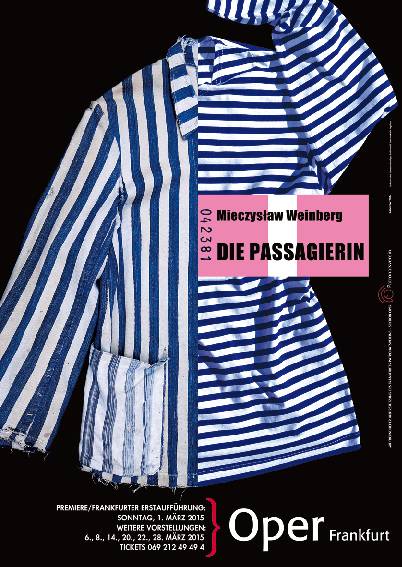Upcoming releases
Toccata Classics - Mieczysław Weinberg, Orchestral Music, Volume Two (Dmitry Vasilyev, Siberian Symphony Orchestra). Available from 4 December.
I'm tremendously looking forward to this release - featuring two premiere recordings, with Weinberg's last symphony, and an earlier symphonic work (recorded here in its premiere performance). The 22nd Symphony itself is fascinating - finished in the final few months of Weinberg's life, when he was bed-ridden with illness. It is dedicated to his wife, Olga Rakhalskaya, who approached the composer Kirill Umansky to orchestrate the work (Weinberg only managed to complete a piano short score, with a few instructions about orchestration). The Six Ballet Scenes paired on this disc is a fascinating work, containing some of the only surviving versions of several whole works that are now considered lost. Considering the success of the previous Toccata release of orchestral works, this CD is keenly anticipated.
Performances
The Detroit premiere of The Passenger has met with rave reviews - for a taste, see this interview with the conductor:
Read the rest here.Conductor Steven Mercurio has tackled plenty of tough projects in his career, but Mieczyslaw Weinberg’s opera “The Passenger” posed a uniquely emotional challenge.An opera about the Holocaust can do that.Mercurio found that he couldn’t spend more than three hours at a time learning the score.“Concentrating on life at Auschwitz was very fatiguing,” he says. “It was so disturbing that it weighed heavily on me, so I never worked on it at night because it would keep me up.”While preparing it, Mercurio also was working on Verdi’s fire-and-brimstone laced “Requiem.”“It was the only time I considered the ‘Requiem’ light,” Mercurio says. “It was like a sorbet after a heavy meal.”
Video links
The above video contains a concert and an excellent talk by Yuval Waldman, on Shostakovich and Weinberg's friendship. The event was organised by the YIVO foundation.
My own work
I am pleased to announce that my latest publication has been released - an article entitled 'Mieczysław Weinberg: Lines that have escaped destruction'.
The article is part of a volume released by the Council of Europe, based in Strasbourg, following an event in November 2013 titled 'Music in Concentration Camps'. The full title is:
Colloque 'Musique et camps de concentration', Amaury du Closel (ed.) (Strasbourg: Conseil de l'Europe, 2015).
It is initially released on a PDF-CD, in a handsome release:
As soon as I receive further information about how to acquire a copy, I'll be sure to post them on this page.
Other than that, my thesis goes well. One more chapter left to tackle - then it'll be on a home-stretch of editing and revising, heading towards the final submission! In an effort to promote more scholarly work on Weinberg, I've uploaded a select bibliography of sources on his life and music - see here. It is my hope that scholars and researchers can share vital texts, and so start a dialogue.




